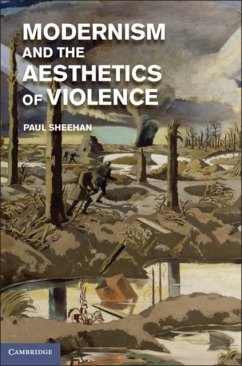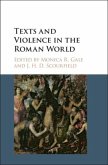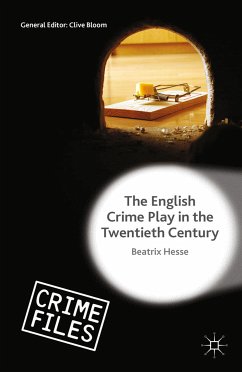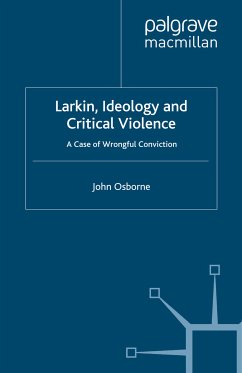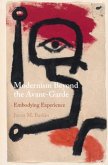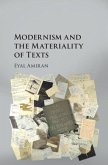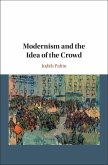The notion that violence can give rise to art - and that art can serve as an agent of violence - is a dominant feature of modernist literature. In this study Paul Sheehan traces the modernist fascination with violence to the middle decades of the nineteenth century, when certain French and English writers sought to celebrate dissident sexualities and stylized criminality. Sheehan presents a panoramic view of how the aesthetics of transgression gradually mutates into an infatuation with destruction and upheaval, identifying the First World War as the event through which the modernist aesthetic of violence crystallizes. By engaging with exemplary modernists such as Joyce, Conrad, Eliot and Pound, as well as lesser-known writers including Gautier, Sacher-Masoch, Wyndham Lewis and others, Sheehan shows how artworks, so often associated with creative well-being and communicative self-expression, can be reoriented toward violent and bellicose ends.
Dieser Download kann aus rechtlichen Gründen nur mit Rechnungsadresse in A, B, BG, CY, CZ, D, DK, EW, E, FIN, F, GR, HR, H, IRL, I, LT, L, LR, M, NL, PL, P, R, S, SLO, SK ausgeliefert werden.

